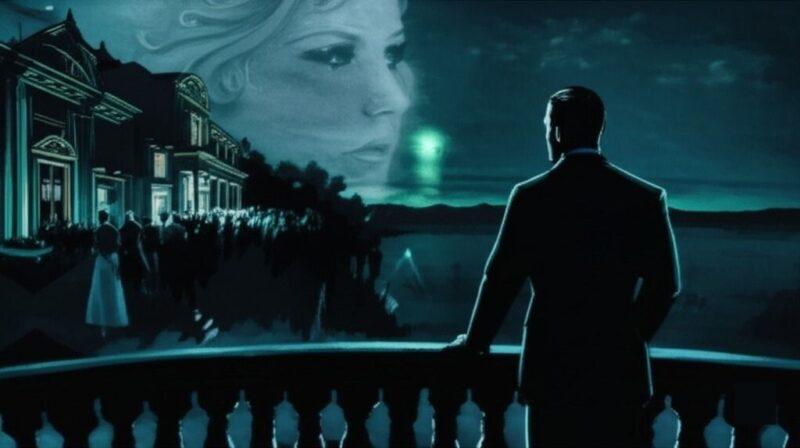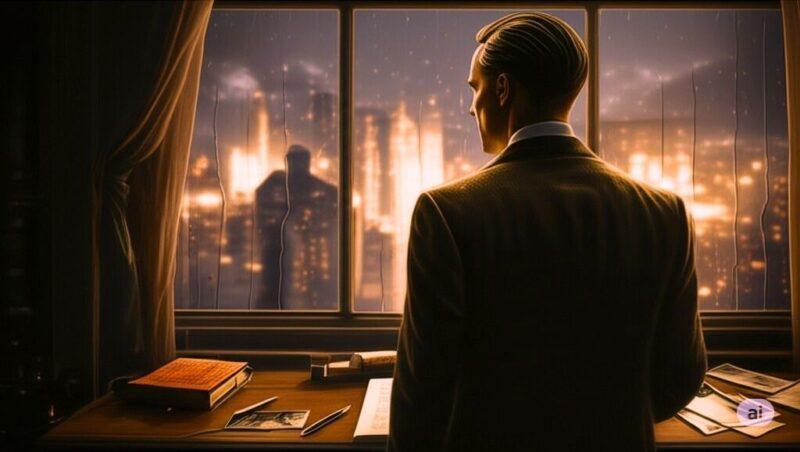Jordan Baker Character Analysis: The Modern Woman’s Cynicism
Jordan Baker, with her cool poise and athletic grace, is a striking emblem of Jazz Age modernity in F. Scott Fitzgerald’s The Great Gatsby. A professional golfer navigating a world of newfound female freedoms, she’s Daisy Buchanan’s confidante and Nick Carraway’s enigmatic romantic interest. Yet, beneath her detached allure lies a character defined by cynicism […]
Jordan Baker Character Analysis: The Modern Woman’s Cynicism Read More »





